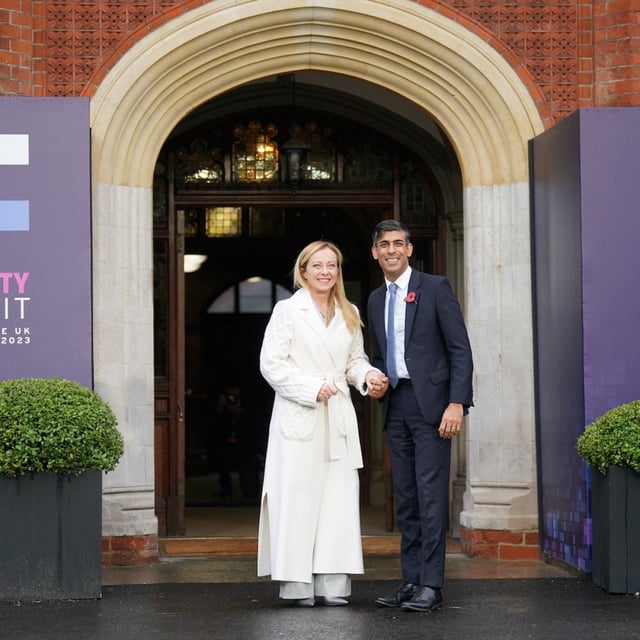Overview
- AI regulation is emerging as a global patchwork with the EU and the White House unveiling bold regulation proposals. However, these regulations may inadvertently increase the market power of the largest tech companies, potentially stifling competition.
- AI development is being led primarily by industry, not government, with the U.S. private sector's share in the biggest AI models spiking from 11% in 2010 to 96% in 2021.
- Companies that fail to meet high minimum standards in the Office of Management and Budget’s draft AI policy could be frozen out of lucrative government contracts and R&D opportunities as of August 2024.
- AI harms fall disproportionately on people who are already marginalized, underserved and over-surveilled, amplifying inequality and placing the burden of addressing algorithmic injustice on the impacted communities.
- OpenAI, created to advance general purpose AI in a way that “benefits humanity,” faced a data breach, produced ‘hallucinations’ and toxic content, and was quickly used to supercharge scams. This led to investigations and lawsuits, raising questions about the efficacy of self-regulation in the AI industry.

